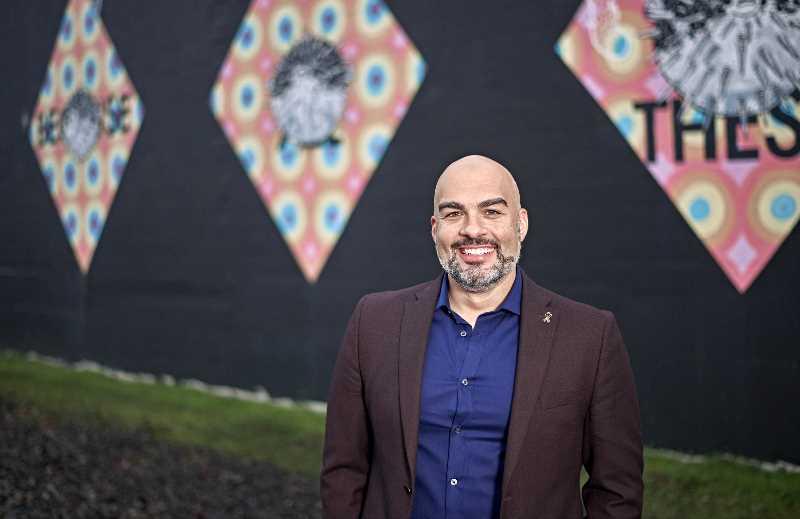May 14, 2012 -- Four years ago, public health officials in Oregon developed a program for adolescent sexual health that national experts are now pointing to as a blueprint.“I think what we find interesting about the Oregon program just to be very upfront is not just that it's a strong one, but that it's a leading one,” said William Smith, executive director of the National Coalitionof STD Directors in Washington, D.C.
May 14, 2012
